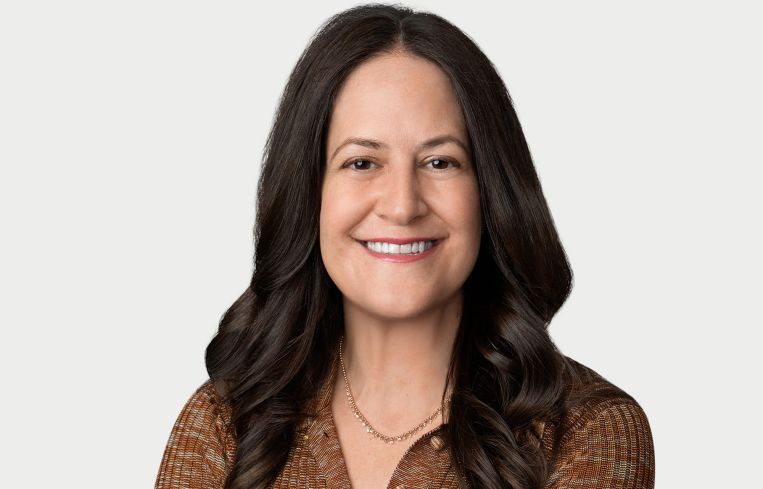Jen Yashar of Gibson Dunn: 5 Questions
By Mark Hallum October 22, 2025 11:41 am
reprints
Commercial real estate attorney Jen Yashar is switching firms for the first time in her 20-year career, closing the book on her time at Fried Frank, where she was a partner, to build out the leasing team at Gibson Dunn.
As partner of the real estate practice group at Gibson Dunn, Yashar will continue to advise developers and landlords on leasing transactions, her specialty, especially as it pertains to pre-leasing of development sites prior to completion.
Yashar, who started her new position on Tuesday, spoke to Commercial Observer about why she made the change, and how the office-leasing market is shifting despite reaching pre-pandemic levels of activity in the third quarter of 2025.
This interview has been edited for length and clarity.
Commercial Observer: You’ve been at Fried Frank a long time. Why the sudden change?
Jen Yashar: I had been there my whole career since graduating law school, for about 20 years, and this was an exciting opportunity to have a next chapter. I built a really strong leasing practice, and now I’m going to leverage that at Gibson Dunn with their client base.
What does Gibson Dunn’s current real estate practice look like, and what is your vision for it?
At the moment, they have one partner there who focuses on leasing, and is helped by some others in the group. My plan is to help them build that out. My practice is half landlord, half tenant in really big headquarters leases, mostly in New York City. I do a lot of new construction, development, and leasing, so I’ll just continue to build those both out.
What kind of quirks are you seeing in today’s leasing market in terms of what landlords and tenants are demanding from one another?
I’m fortunate that my practice focuses on trophy and Class A buildings, which operate a little differently than Class C space. Obviously, it’s a very, very active segment in the market. Right now there’s a lot of new construction at Hudson Yards and in Midtown. I worked on the lease-up of Lever House, the redevelopment at 390 Park Avenue, which they just finished.
I’d say generally there are concessions, but also really high rents in those new buildings. Tenants are looking for amenities and location; I would say those are the two prime factors. There’s certainly been a bigger push to return to the office and be there in person, and I think it’s becoming increasingly important to tenants to have very high-end amenities and location to get their employees excited to come to work.
Tenants are also looking for flexibility. They want room to grow and expand. You see a lot of various options, whether they’re fixed options or rights of first offer, but tenants want to be able to expand where they are.
From the landlord’s side, I think they’re focused – especially at those rents – on the credit of the tenants, making sure that tenants are credit-worthy and have the appropriate security up.
What are the most challenging or pervasive issues you’re dealing with in commercial real estate law at the moment?
Tenants are very focused on the strength of their landlords – making sure landlords can deliver. So they’re much more focused on how buildings are financed, how a landlord plans to pay for concessions, and how their buildings are capitalized, particularly in new construction and redevelopment where a landlord is putting in so much money just so tenants can be comfortable. Tenants need to know that a landlord will actually deliver what they’re supposed to deliver, and do it on time.
What advice do you give to young attorneys starting out in a real estate practice?
Meet as many people as you can in the industry. Don’t be scared to jump into work that you’re not familiar with, which is basically everything when you’re starting out. This is an apprenticeship business: You learn by doing. You learn by working with senior attorneys. Don’t be scared to ask questions, to talk to clients and to really learn on the job, I would say. Client exposure and exposure to people in the industry are important. It’s a small community.
It also makes the job more fun when you get to know people and can talk to them about life outside of work. I would also advise young attorneys to find mentors they can rely on, learn from and respect, and who can help them as they navigate their careers.
Mark Hallum can be reached at mhallum@commercialobserver.com.



